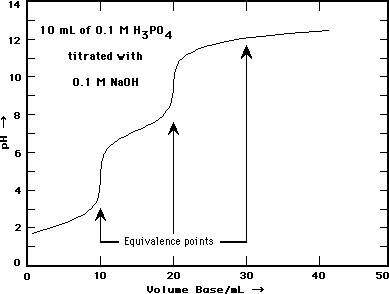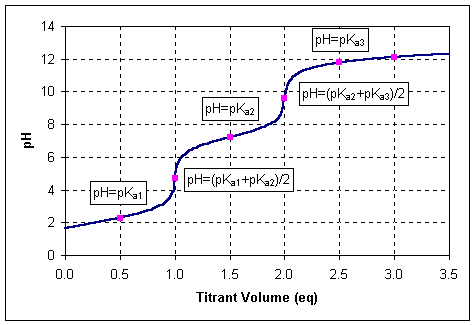squiggly
- 3,277
- 263
that's SO awesome - so chelates are what keeps the ion neutral and allows it to pass through the casparian strip, as opposed to the plant having to synthesize a cation/anion to bond the ion and allow it to pass through the plant...correct?
Yup, it allows it to take the apoplastic route for uptake.
and in that regard ~ can you think of any chelates that the plant can readily use once it's been absorbed? I've been pretty convinced lately that if you can provide a stabilize rhizosphere and a standardized nutrient salt regimen, you would see very very good results with amendments of different acids and horomones in different stages to act as chelates.
I mean it's possible, but you'd have to know more about the metabolism of the plant.
and another question - do nutrient salts come to us already chelated? or are they actively being chelated either in the rhizosphere or by our plants?
Not if it's not labeled that way. Yes there is "natural chelation" that takes place and bacteria/fungi/roots all participate.







